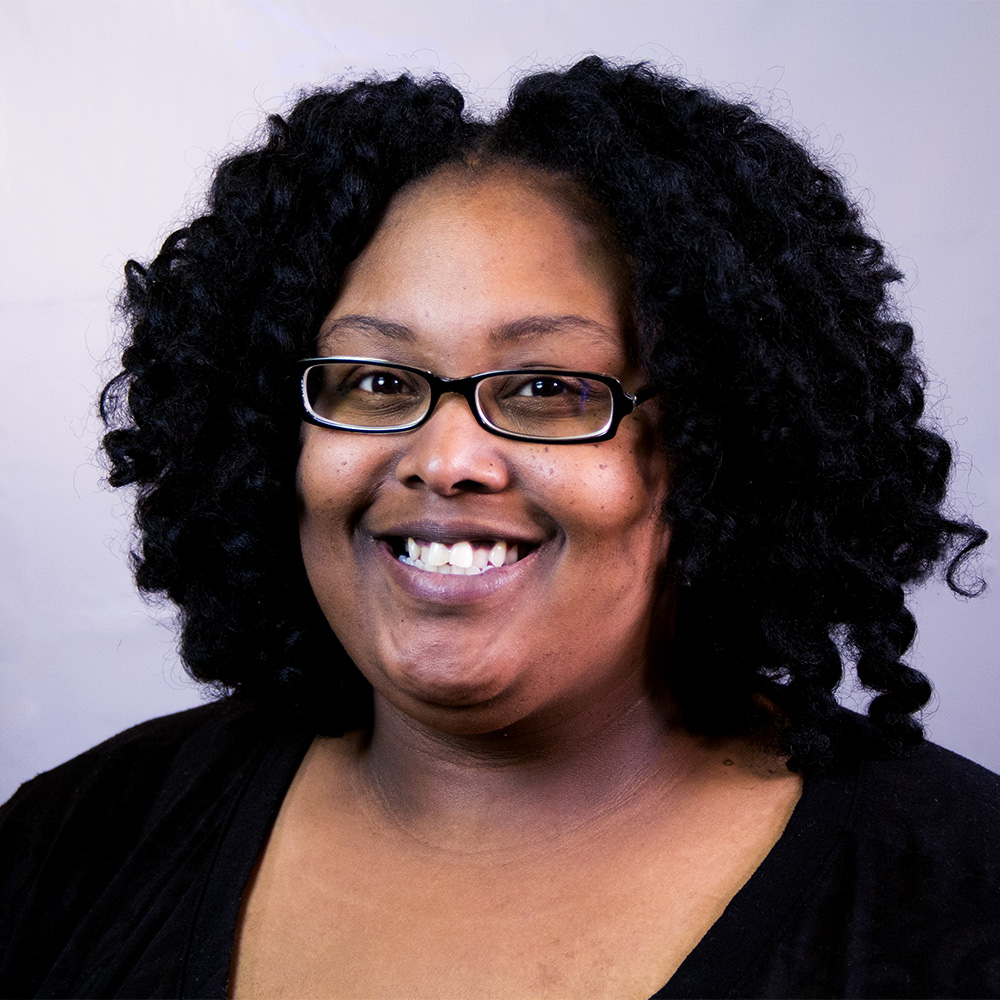Young adulthood can be challenging, especially if you lack support while dealing with a mental health issue.
Markeeta Parker, 31, recalls being a TAY, or transitional age youth, looking for help.
“When Markeeta became a TAY, she was afraid of change,” Parker says of her former self. “She stayed in the same home, where she dealt with a lot of trauma and was afraid to leave. And she didn’t stand up for herself. She was afraid of hurting other people with the truth.”
Parker utilized Stars Community Services, which provides mental health services to youth and families. There she learned more about Alameda County Behavioral Health (ACBH) for youth and young adults. The treatment services at Stars helped her become more comfortable interacting with others. She soon heard about the Alameda County peer-advocacy group, Pool of Consumer Champions (POCC), and she joined their TAY committee. That took her wellness to a whole other level.
“I became friends with people and started getting leadership opportunities,” says Parker. “I eventually became staff for their TAY committee.”
Through POCC, Parker learned about the PEERS TAY Initiative program. Peers Envisioning and Engaging in Recovery Services is a peer-run nonprofit in Oakland. Parker began co-facilitating their peer support group.
“I came a long way because of doing advocacy with TAY. Watching my peers grow, helped me grow.“
Parker says she learned a big life lesson through it all.
“The biggest thing that changed for me is accepting change,” she says. Wow! I’ve never said that out loud before.”
Today, that young girl who was afraid of change, is helping youth change their lives. Parker is the Downtown TAY Programs Coordinator at the Health and Human Resources Education Center (HHREC). The program works with African-American consumers throughout Alameda County, ages 18 to 28. Youth learn about the African diaspora and how culture connects to overall wellness.
Downtown TAY provides youth peer-support groups, trips and activities like going to the beach and movies. Workshops on finances and housing help them prepare for adulthood. They host cultural celebrations such as Juneteenth, which recognizes the emancipation of enslaved African Americans.
Parker loves her job and says, “It’s a lot of work. The moment I walk in I have two people who want one-on-one peer support. There are weekends young people will call me and say, ‘I need an emergency ride out of this domestic violence situation… They’ll call or send a message and just say thank you for being you.”
Downtown TAY have traveled out of state to speak at national conferences about ACBH’s TAY resources. She says watching them makes her “proud.” “[Especially] as someone who received those services,” she adds.
The Mental Health Services Act helps fund these programs. What these TAY gain stays with them for a lifetime.
“Their services have saved my life,“ Parker says. I don’t think I would be here if I didn’t have the TAY services at that point in my life. I was suicidal, extremely depressed and I needed that change. It helped with my wellness, employment, housing, and pride. Pride to say yes, I have mental health challenges and I can still work with people with mental health challenges.”


